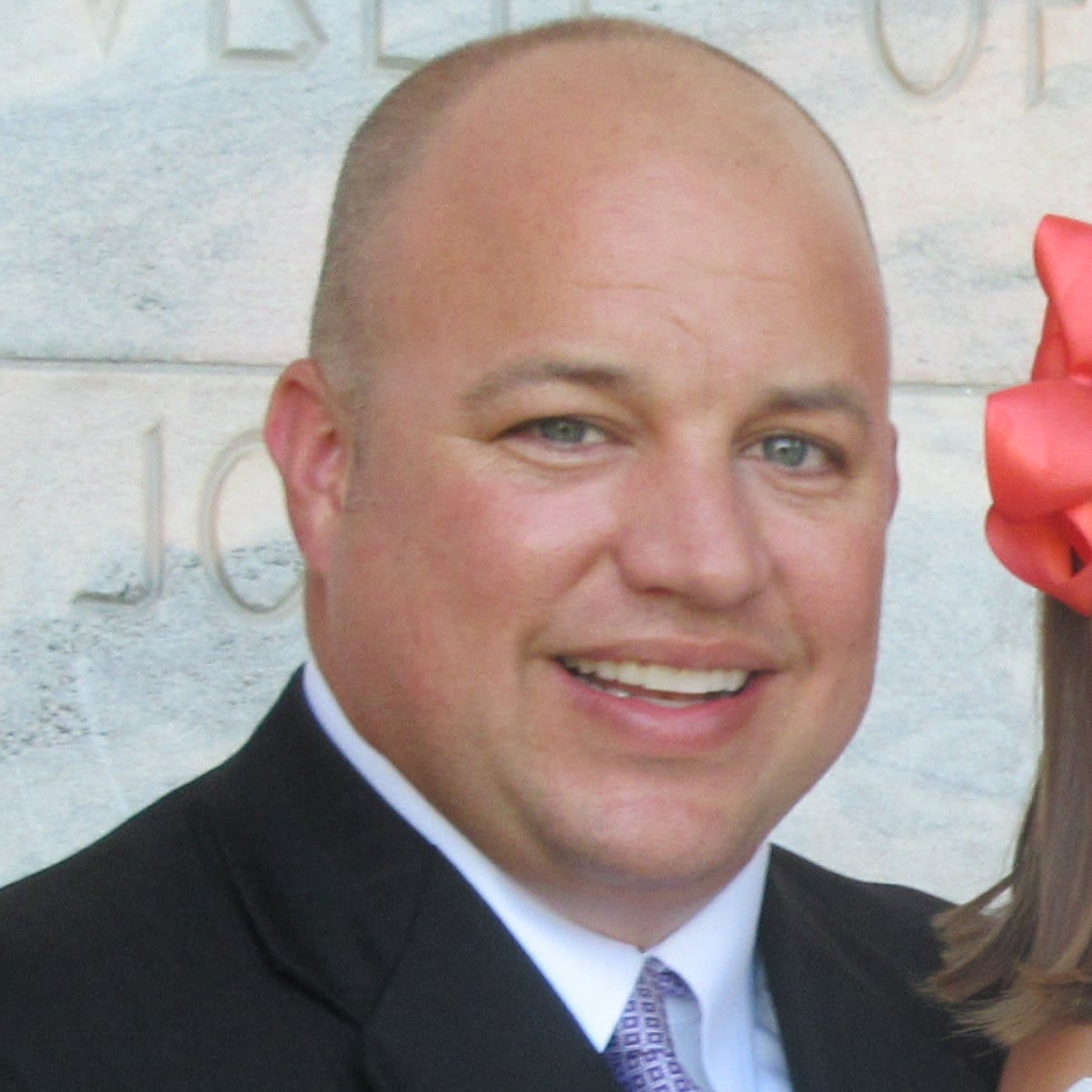From 1923 to 1925 only one player and one team managed to get in the way of Notre Dame’s famed Four Horseman.
The Irish played an annual series with Nebraska from 1915 to 1925, and during the 1920’s they dominated college football. From 1923 to 1925 the legendary Four Horsemen led by head coach Knute Rockne only lost three games. During the 1923 and 1925 seasons Nebraska beat the Irish 14-7 and 17-0 large in part to the play of tackle Ed Weir.
The Superior, Neb. native would eventually go on to take the nickname “Mr. Nebraska Football” and Lincoln Journal Star Sports Editor “Cy Sherman” referred to him as Nebraska’s “all-time All-American.”
How it went down
During the Four Horsemen’s only win over Nebraska in 1924 Rockne made sure he found his way to the Husker locker room to commend Weir on his play.
“Weir, I want to say to your face that you're the greatest tackle and the cleanest player I've ever watched.”
Those were strong words from Rockne who was considered the brightest football mind in the game. Even after his coaching career ended Rockne would refer to Weir as the greatest tackle he ever saw during his time in coaching.
The 1925 Notre Dame vs. Nebraska game may have been Weir’s finest, as a train brought fans from Superior to Lincoln to cheer on their hometown hero against the Irish.
Weir played a flawless game, blocking a punt that set up Nebraska’s first touchdown. On defense he made several tackles, carried the ball and caught a pass on offense. To go along with that Weir kicked a 25 yard field goal and two extra points to lead the Huskers to a 17-0 victory over the Four Horsemen in Lincoln.
In Nebraska football historian Mike Babcock’s “NU Football Legacy” on Huskers.com he described Weir’s dominance in that 1925 Notre Dame game.
“Weir recalled that late in the game he looked over at the Notre Dame bench. Rockne broke into his contagious grin and gave Weir a big wink. No one else knew what the gesture meant. "But I understood," said Weir. Rockne often repeated that Weir was the finest tackle he ever saw.
Besides football, Weir was a track standout at Nebraska winning the 120-yard-high hurdles in 1926 helping the Huskers capture the Missouri Valley conference championship.
Weir was a charter member of the College Football Hall of Fame in 1950, and in 1970 the Football Writers Association named him to the all-star line-up of the best players from the 1920’s.
Besides NU’s victories over the Four Horsemen, Weir said one of the other great moments in his career was keeping legendary Illinois running back Red Grange out of the end zone. It was the only time Grange, who was nicknamed the “Galloping Ghost” was kept from scoring a touchdown in his entire career.
After a short three-year professional career Weir would go back and coach both football and track at Nebraska. Weir was NU’s head track coach from 1939 to 1955 capturing 10 conference championships during that period.
After stepping down as the track coach in 1955, Weir served as Nebraska’s Assistant Athletic Director until 1968.
In 1974, Nebraska dedicated the Ed Weir Track and Field/Soccer Stadium in his honor at the conference outdoor championships in Lincoln. Weir passed away in Lincoln in 1991 at the age of 88. He still has family that resides in Imperial, Neb.
They said it
“Weir, I want to say to your face that you're the greatest tackle and the cleanest player I've ever watched.”
---Notre Dame Head Coach Knute Rockne
***********************************
"The Irish were sent home with a bitter shutout defeat made all the worse for the harsh anti-Catholic treatment many of the Nebraska locals rained down on the team and their fans. Knute Rockne himself wrote harshly-worded responses to many of the area papers in response to the indignities suffered by the Irish off the field. As a result of those events, and also in part due to reductions in the income gained by Notre Dame on their trips to Lincoln, the Athletic Board at Notre Dame chose to end the series. Rockne himself felt that this was an overreaction and argued to continue the series, but the decision stood and the 1926 game was canceled, and communications between the schools regarding future games was terminated. Rockne made several unsuccessful attempts in the following years to revive the series, but it would be 22 years before the teams would meet again, leaving the record fittingly tied for now at 5-5-1."
---Historical recap of the game on Wikipedia of why the series ended in 1925
***********************************
